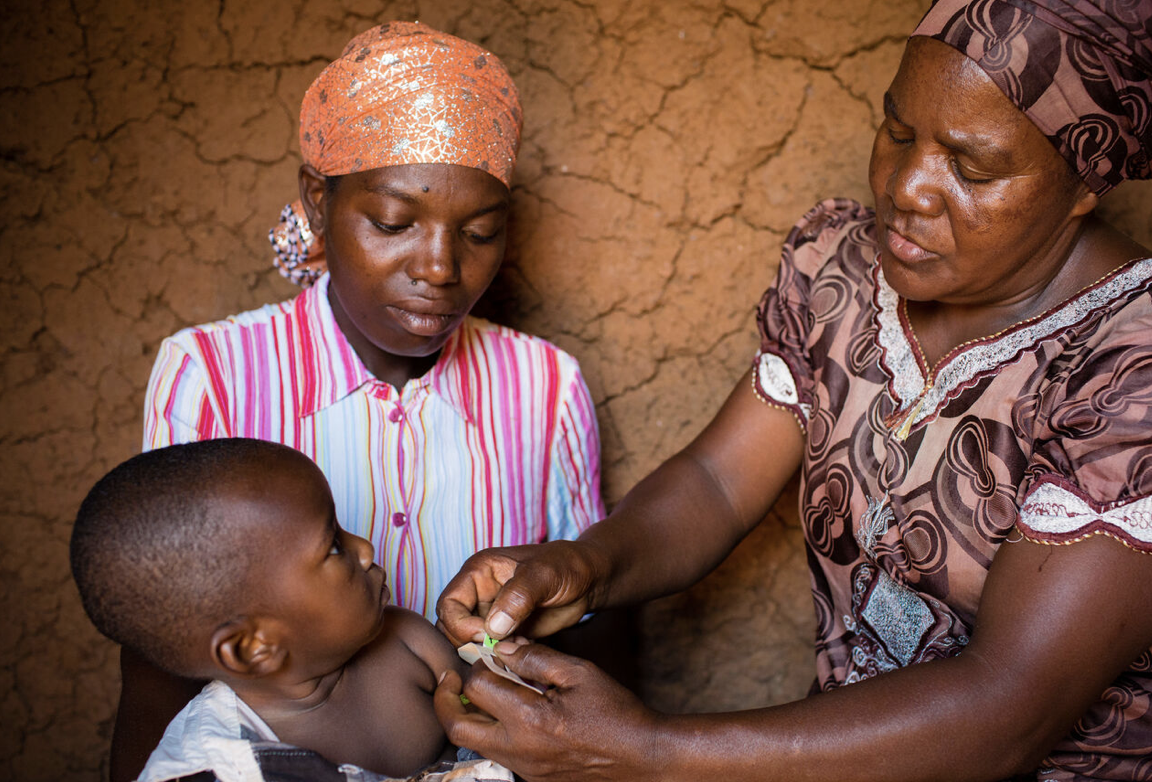Africa’s health systems remain trapped in a costly, hospital-centered model focused on treating illness rather than preventing it, which is unsustainable given limited resources and a growing burden of non-communicable diseases. To achieve universal health coverage, the continent must shift to community-driven, preventive care that empowers people, addresses social determinants of health, and invests in primary healthcare and community health workers.
The Structural Flaw in African Health Systems
Africa stands at a pivotal moment in its health journey, not only due to shifting geopolitical landscapes and declining donor support but because of a fundamental flaw in the design of its health systems. Despite notable progress against infectious diseases, the continent’s health infrastructure remains fragile, underfunded, and overburdened. The prevailing model is hospital-centric and reactive, prioritizing expensive curative care over prevention and community engagement. This “curative consumption trap” drains limited resources, perpetuates inequity, and undermines the continent’s aspirations for universal health coverage (UHC).
The Unsustainability of the Current Model
With a population exceeding 1.4 billion and expected to grow significantly, Africa faces a paradox: while health needs surge, per capita spending on health remains a fraction of what is seen in high-income countries. Most African nations spend around $40 per person annually, compared to $4,000 in wealthier countries, and few meet the target of allocating 15% of national budgets to health. The roots of the current consumption-based model trace back to colonial times, when health systems were designed to serve the needs of foreign elites, a legacy reinforced by political incentives favoring visible infrastructure projects over long-term, people-centered reforms. As a result, hospitals and clinics dominate healthcare delivery, skewing resources towards costly tertiary interventions and neglecting the preventive measures essential for reducing the growing burden of non-communicable diseases (NCDs).
The Vicious Cycle of Curative Consumption
The bias towards curative care is sustained by several factors: a post-colonial preference for specialist-led, infrastructure-heavy systems; a health workforce trained to treat rather than prevent illness; and political incentives that prioritize short-term gains. This approach leads to late diagnoses, high treatment costs, and widespread poverty due to catastrophic out-of-pocket expenses. Social determinants of health—such as poor sanitation, unsafe water, undernutrition, and the rise of unhealthy processed foods—are largely ignored, perpetuating a cycle where illness and poverty reinforce each other.Shifting to Health Production
To break free from this unsustainable cycle, Africa must transition to a model focused on health production—proactive, equitable, and community-driven systems that prioritize prevention and empower people. Evidence shows that primary healthcare, especially when it emphasizes prevention, community engagement, and multi-sectoral collaboration, leads to better health outcomes and greater equity. Yet, only 48% of Africans have access to primary healthcare, leaving over 600 million underserved. Community health workers (CHWs) are vital in this shift, serving as the first point of contact for many and delivering essential preventive services. However, they often remain underpaid and poorly integrated into formal systems. Governments must invest in and institutionalize CHW programs as core components of national health strategies.
Empowering Communities and Addressing Social Determinants
A true transformation requires empowering communities as active partners in health, not passive recipients. Health policies should be co-designed with input from youth, women, and marginalized groups, and accountability mechanisms must ensure that governments and partners uphold their UHC commitments. Tackling social determinants—poverty, education, water, sanitation, and nutrition—is equally critical. Policies such as taxing unhealthy products can both reduce NCDs and fund community health initiatives, addressing root causes of disease.
Building Future-Ready Health Systems
Africa’s health systems must evolve beyond their colonial legacy. This demands bold leadership, increased national investment in health, and a shift in donor priorities toward long-term system strengthening. Leveraging technology and fostering community trust are essential for building resilient, equitable systems. As the 2030 UHC deadline approaches, Africa faces a choice: persist with reactive, costly care or embrace a sustainable model that produces health, dignity, and opportunity for all. The curative trap may be inherited, but a future of health production is within reach.


